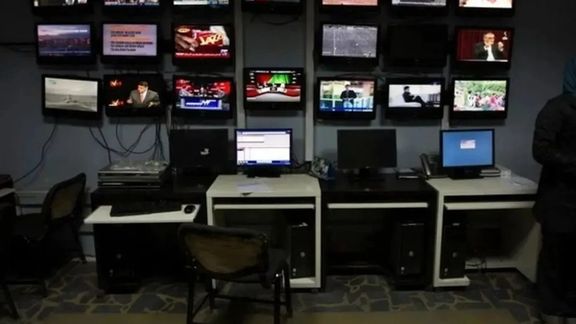CPJ Calls Taliban's Ban on Broadcast of Images of Living Beings Worrying

The Committee to Protect Journalists (CPJ) announced that the Taliban's ban on the broadcast of images of living beings in the media is a matter of concern.

The Committee to Protect Journalists (CPJ) announced that the Taliban's ban on the broadcast of images of living beings in the media is a matter of concern.
An official of the New York-based committee called on the international community to end "passively watching Afghanistan's rapid retreat”.
"The Taliban's recent ban on television, filming and photography in Takhar should worry anyone who cares about media freedom around the world," said Carlos Martínez de la Serna, programme director of the Committee to Protect Journalists.
Recently, the Taliban's Ministry of Promotion of Virtue and Prevention of Vice announced that the group is implementing a law prohibiting the broadcast of images of living beings in the media, calling it "un-Islamic".
Earlier, Saiful Islam Khyber, a spokesman for the Taliban's Ministry of Promotion of Virtue and Prevention of Vice, confirmed to the Associated Press that the media group in Takhar, Maidan Wardak and Kandahar had advised them to refrain from broadcasting images of living creatures.
Khyber said that the directive is a part of the group's recently signed law on the promotion of virtue, the Associated Press reported.
Earlier, Afghanistan International had reported that Yousuf Ahmadi, the head of the Taliban-controlled National Television, said during a meeting with the directors of the channel that the group intends to stop the broadcast of the channel.
Previously, the Taliban had stopped broadcasting on national television in Kandahar and Takhar.
Earlier, the spokesman for the Taliban's Ministry of Promotion of Virtue and Prevention of Vice announced that the group would gradually implement this law on all media outlets. Saif Khyber told AFP that the ban had initially started in some provinces and would gradually be implemented across Afghanistan.
Since the Taliban's return to power in August 2021, the group has made extensive efforts to suppress and censor Afghan media.
The Taliban's restrictions on the media have included banning music and TV series, imposing masks on female presenters, banning live broadcasts of political programmes, shutting down some media outlets, and jamming the broadcasts of the Afghanistan International Network.